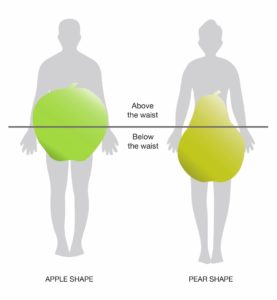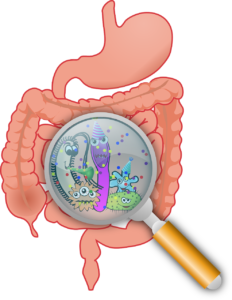Hormone Imbalance
Hormones are chemical messengers that send signals throughout our entire body. So, when our hormones are imbalanced, we can feel symptoms in different systems. And because hormones influence each other, when one hormone is “off” there are typically others that follow suit.
Hormone balance is determined by 3 interconnected systems:
- Endocrine System
- Nervous System
- Digestive System
The BEST way to ensure long-term hormone balance is to work getting all three of these systems in a healthy place.

Signs and Symptoms of Hormone Imbalance
1. Persistent weight gain or difficulty losing weight
2. Low Belly Fat
3. Low libido
4. Fatigue
5. Anxiety, irritability or low moods
6. Insomnia
7. Digestive Issues
 Stress and digestive health are intimately linked. A stressful event (real or perceived) signals our body to produce epinephrine and cortisol. Stress then triggers all kinds of changes in your digestive tract – it changes the composition of gut microbes, influences microbial behavior (stress à stressed microbes), and it makes the lining of the gut more permeable. Gut permeability or “leaky gut” leads to food sensitivities and inflammation. Over time that increases the risk of autoimmune disease.
Stress and digestive health are intimately linked. A stressful event (real or perceived) signals our body to produce epinephrine and cortisol. Stress then triggers all kinds of changes in your digestive tract – it changes the composition of gut microbes, influences microbial behavior (stress à stressed microbes), and it makes the lining of the gut more permeable. Gut permeability or “leaky gut” leads to food sensitivities and inflammation. Over time that increases the risk of autoimmune disease.
8. Cravings
9. Period Problems
10. Breast Cancer
11. Hair Loss
12. Pain syndromes like migraines or headaches
13. Acne
We are all about fixing hormones at
Health and the City
You can book an appointment with me below or get a jumpstart on your own with our 28 day Healthy Hormone Reset program.

